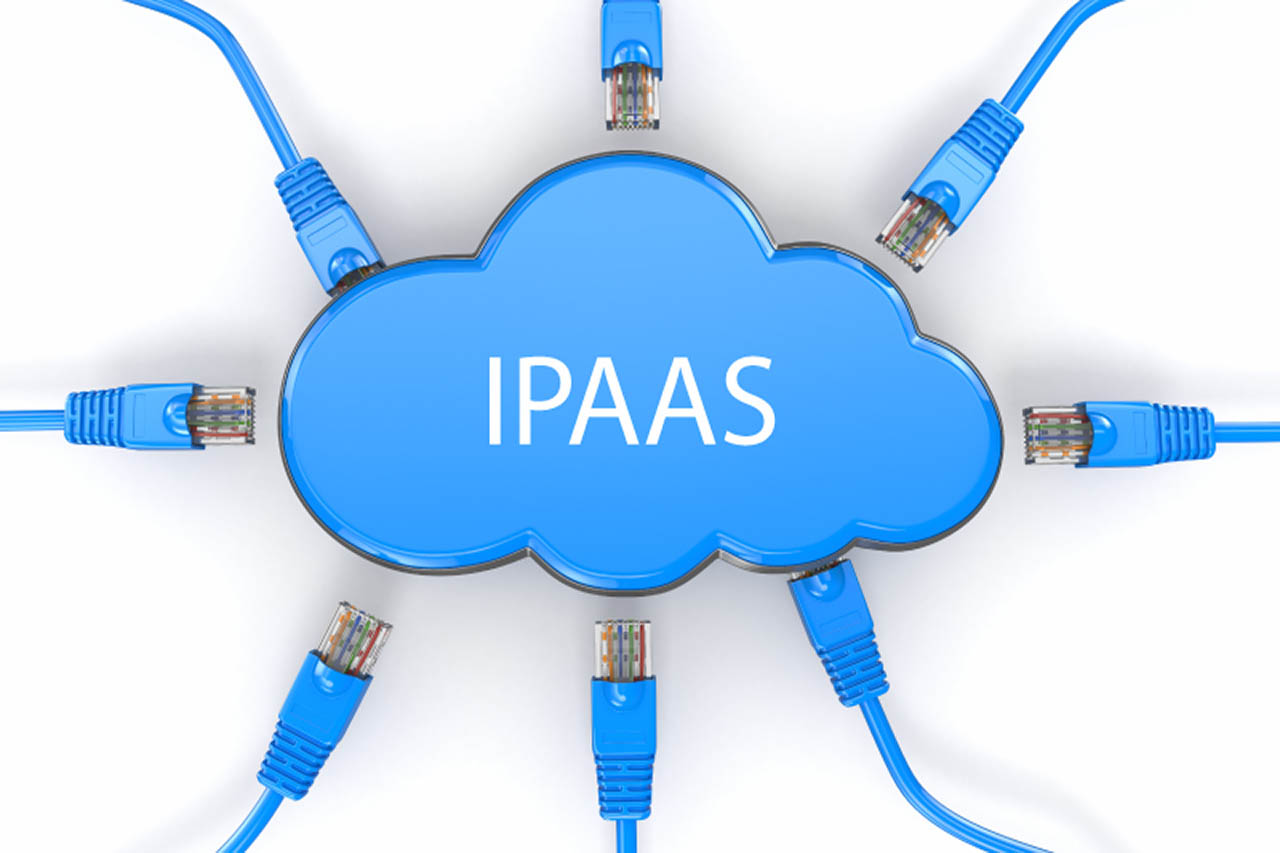
For any organization which involves IT or even non-IT, one of the most essential components is data. After all, it is the driving force for decision making. Considering the sheer importance of data, databases or storages are having a lot of importance in the software industry.
Even if you so decide to use software product, or services, one of the major concern for any software vendor is how data created in one environment flows to another. Integration platform ensures the data flow executes perfectly, on time and also following the business rule specific to a given business.
One of the most common problems with every software is to ensure connectivity. A set of software product evolved over time, which addresses these issues and takes care of integration between two or more application. By this we are merely implying to iPaaS software.
Having said that, here are a few things to keep in mind while choosing your integration solution.
Ensure Your Integration Platform is Generic and can Connect any Application
As a business owner, you never know when you need additional services. Now if you require additional services, you want to always ensure your integration has what it takes to update itself. Actually, some integrations call for a huge effort in developing the integration, while some integration doesn’t support all data transfer protocols.
Before settling on any integration platform, you need to ensure the platform at least caters for a large number of applications. In this way, it can effectively support a number of generic protocols with sheer ease.
Does it Support both Hybrid and Cloud Integrations?
While cloud is the future, data is secure. How does one go about handling these scenarios? Well, as an integration platform, it needs to support both the benefits. It should have environments on the true cloud where both applications being in the cloud data transfer over cloud itself. Moreover, it should be able to support on-premise environment such that you can also sync data between on-premise to cloud or on-premise to on-premise. In short, the integration should support on-premise apps as well as full cloud apps.





